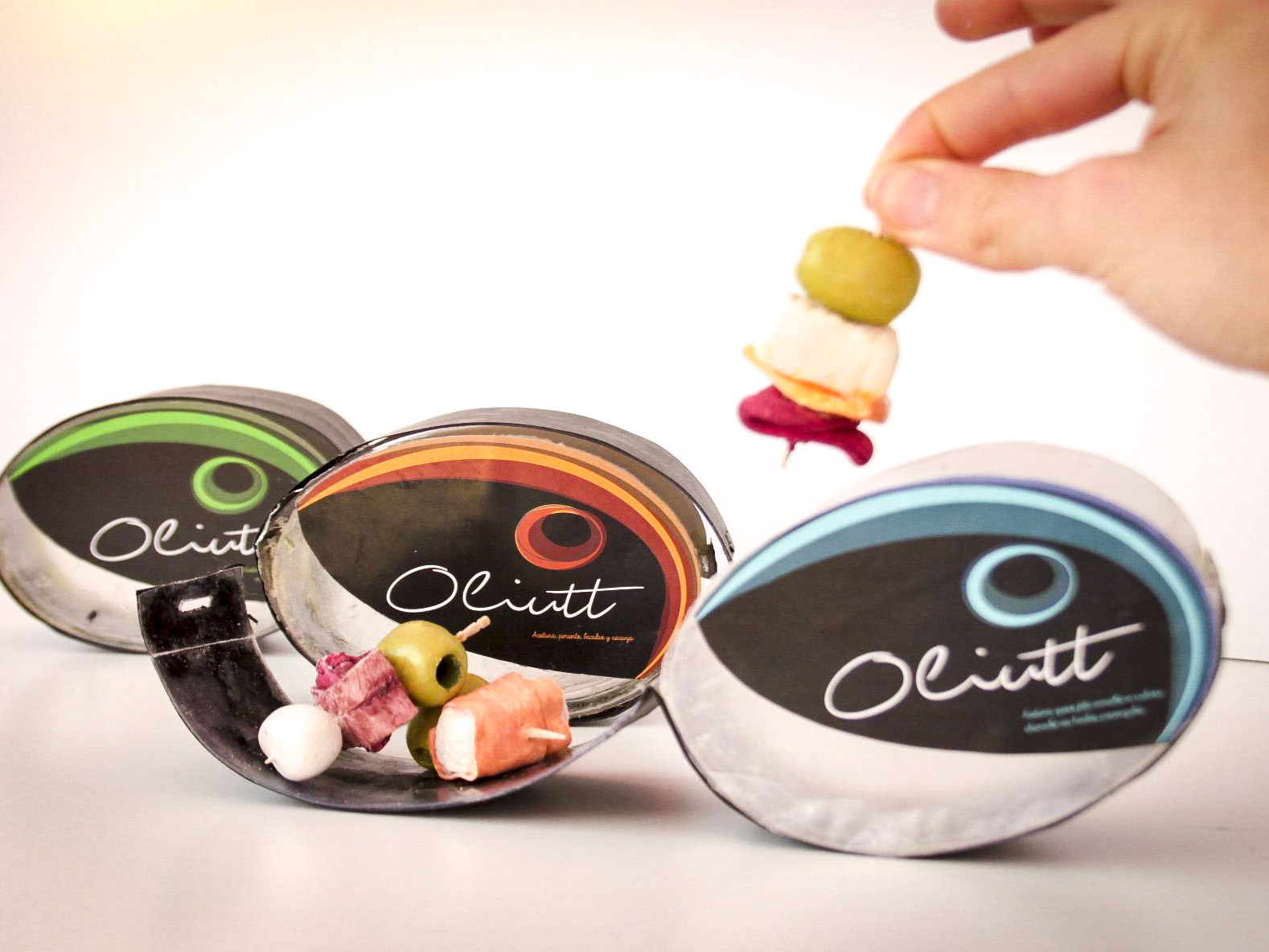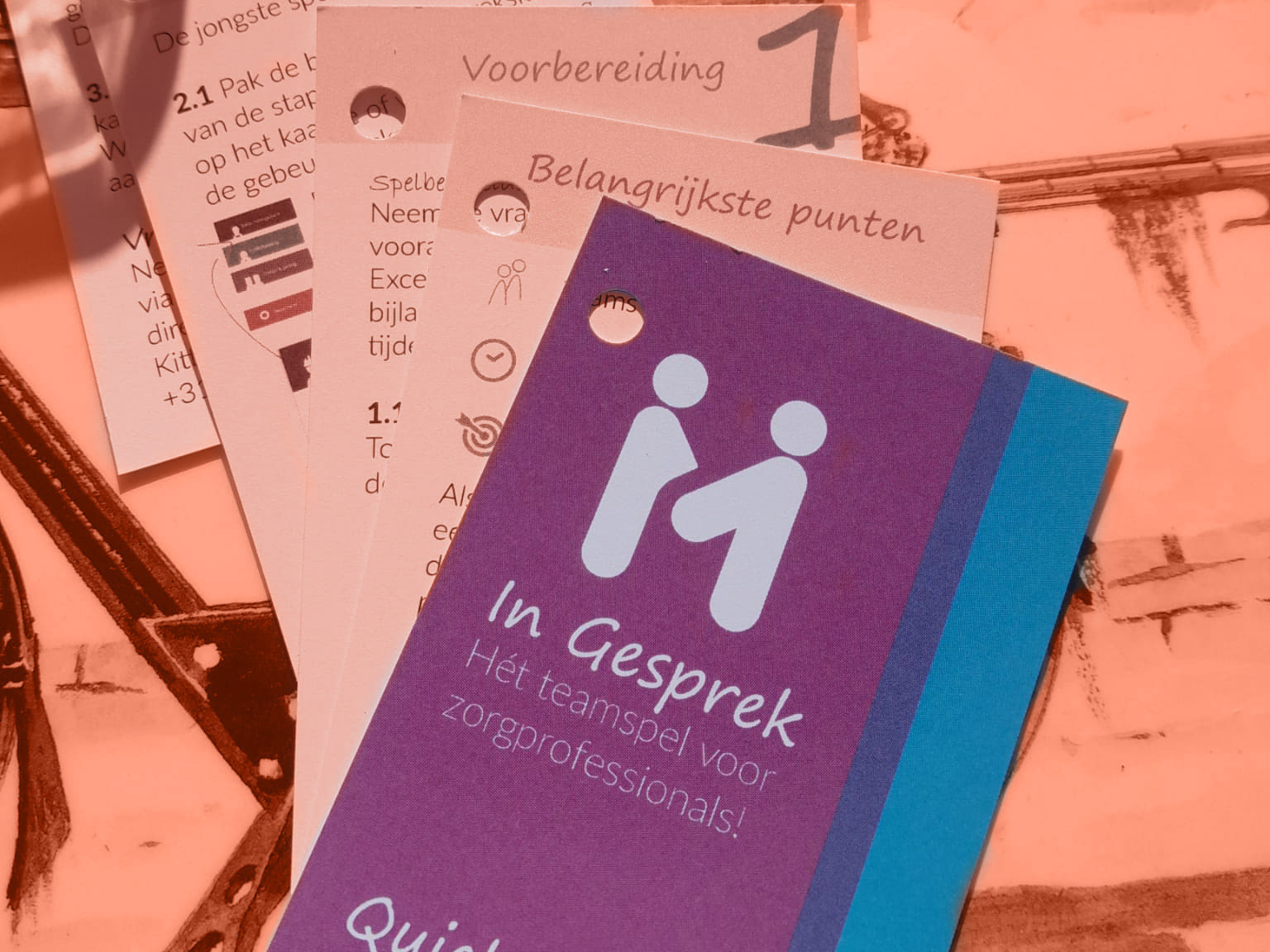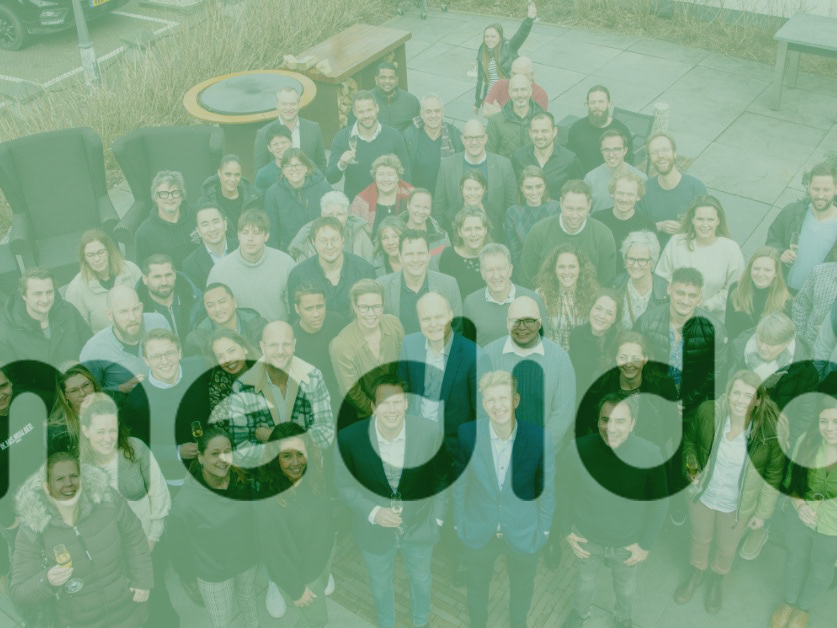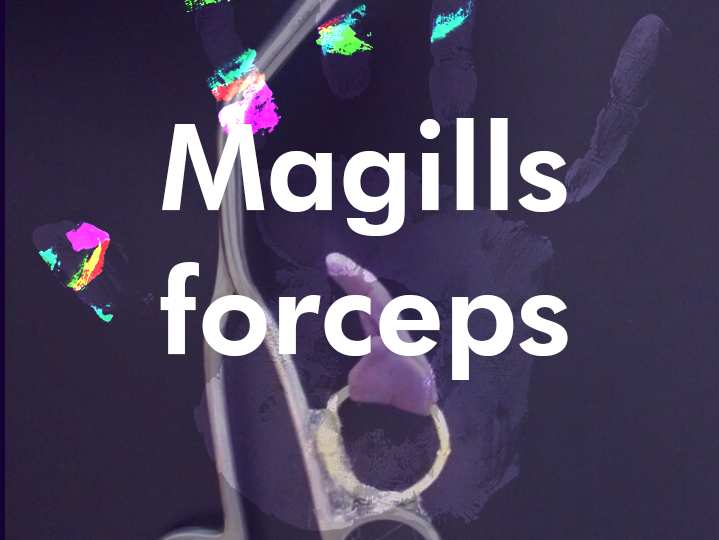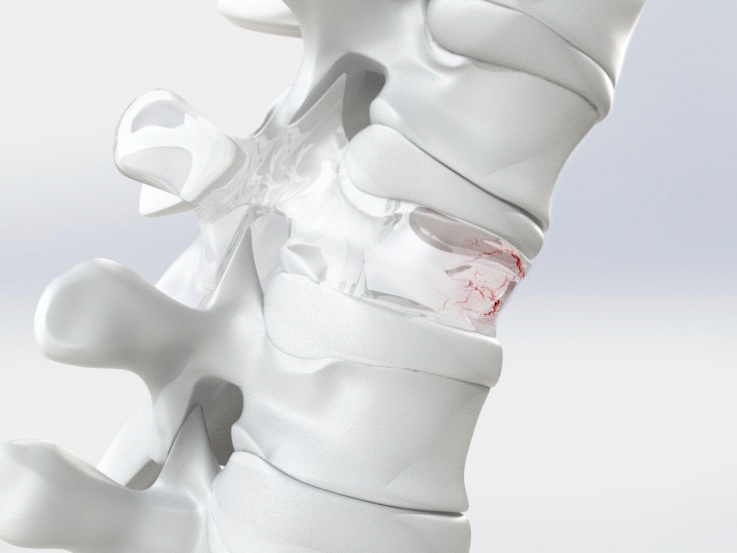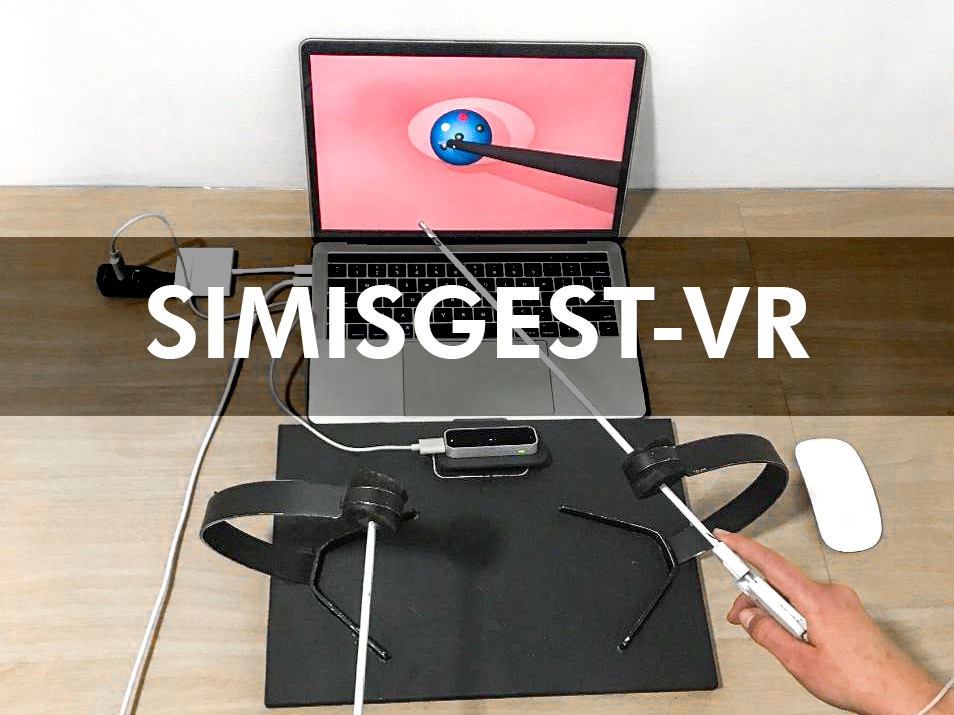Case Study: Paediatric A&E Service Analysis to Reduce Interruption to Nurses while Preparing Medication.
Human-Centered Design Research | Hospital Service Design | Human-Factors Analysis
Have you ever wondered how Human Factors affect simple everyday things?
This 1-week challenge assessed the human factors involved in the preparation of intravenous medication in the paediatric emergency department (A&E) of the St. Marys Hospital (London, UK), in 2019.
These were the insight:
1. The working environment setup is the element that poses the most risks in nursing. And therefore, to patients.
2. Investing time in employee education and develop effective team dynamics is key in fast-paced environments to reduce risks.
3. People is reluctant to share details of their work as they were making mistakes.
4. How hard, but specially in healthcare, is eliminate biases and have an open conversation about patient’s risks due to human factors.
This is how I approached the problem.
Company & Role
Design Researcher at Helix Centre - St. Mary's Hospital. London (2019).
1/ Understand The Problem Context
Through literature review, observational research, workflows and pain points I could understand the extent of the context problem. My conclusions showed:

Drug preparation and storage private rooms
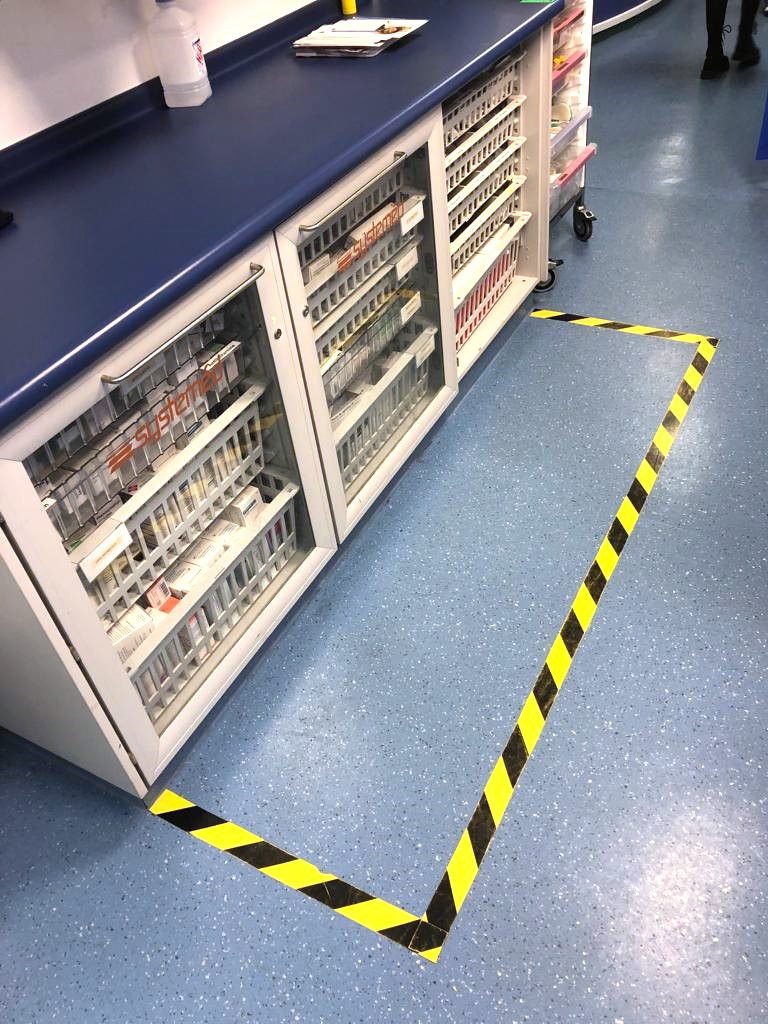
'Do not Disturb' Areas for drug preparation
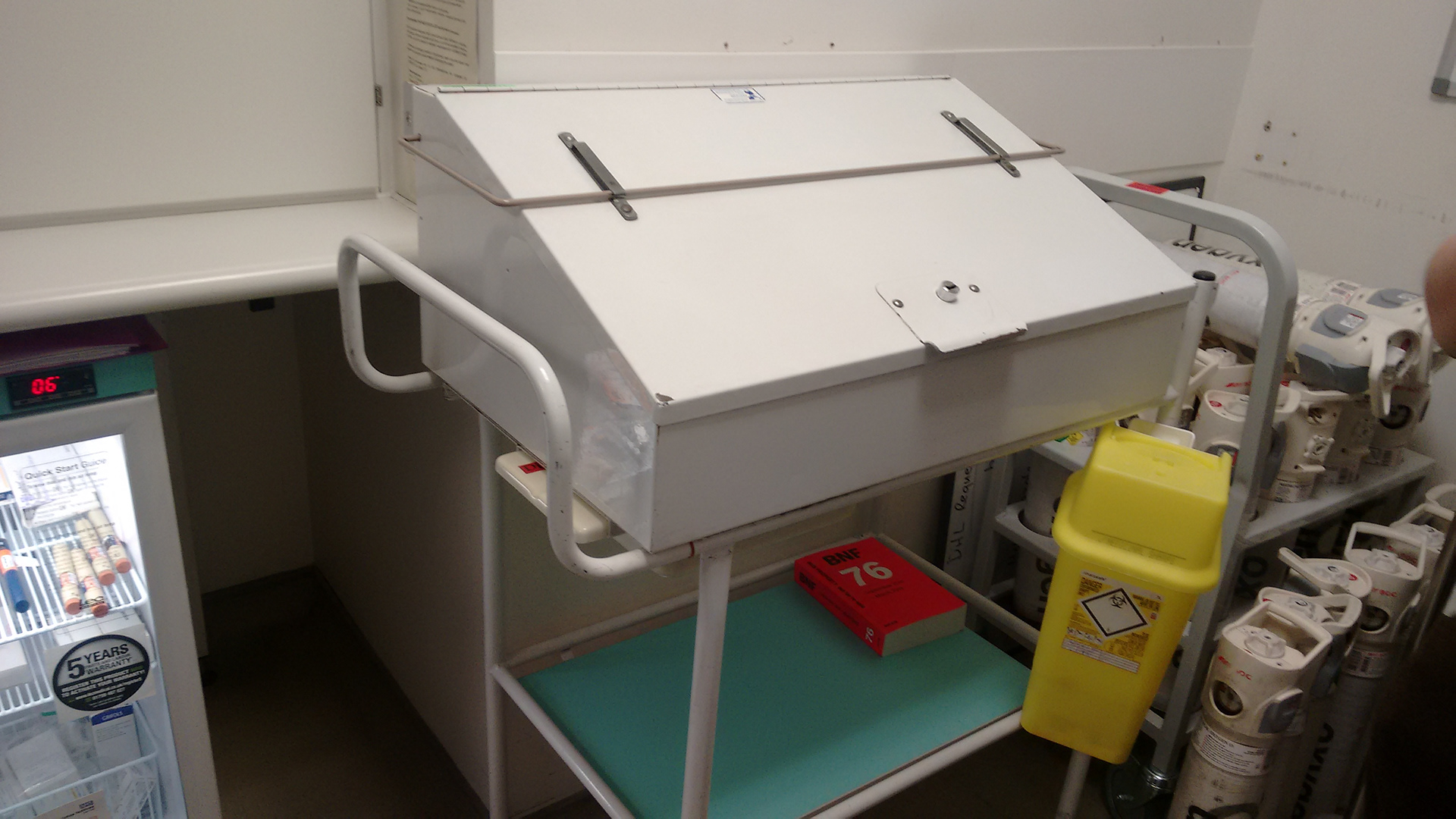
Medication Trolley
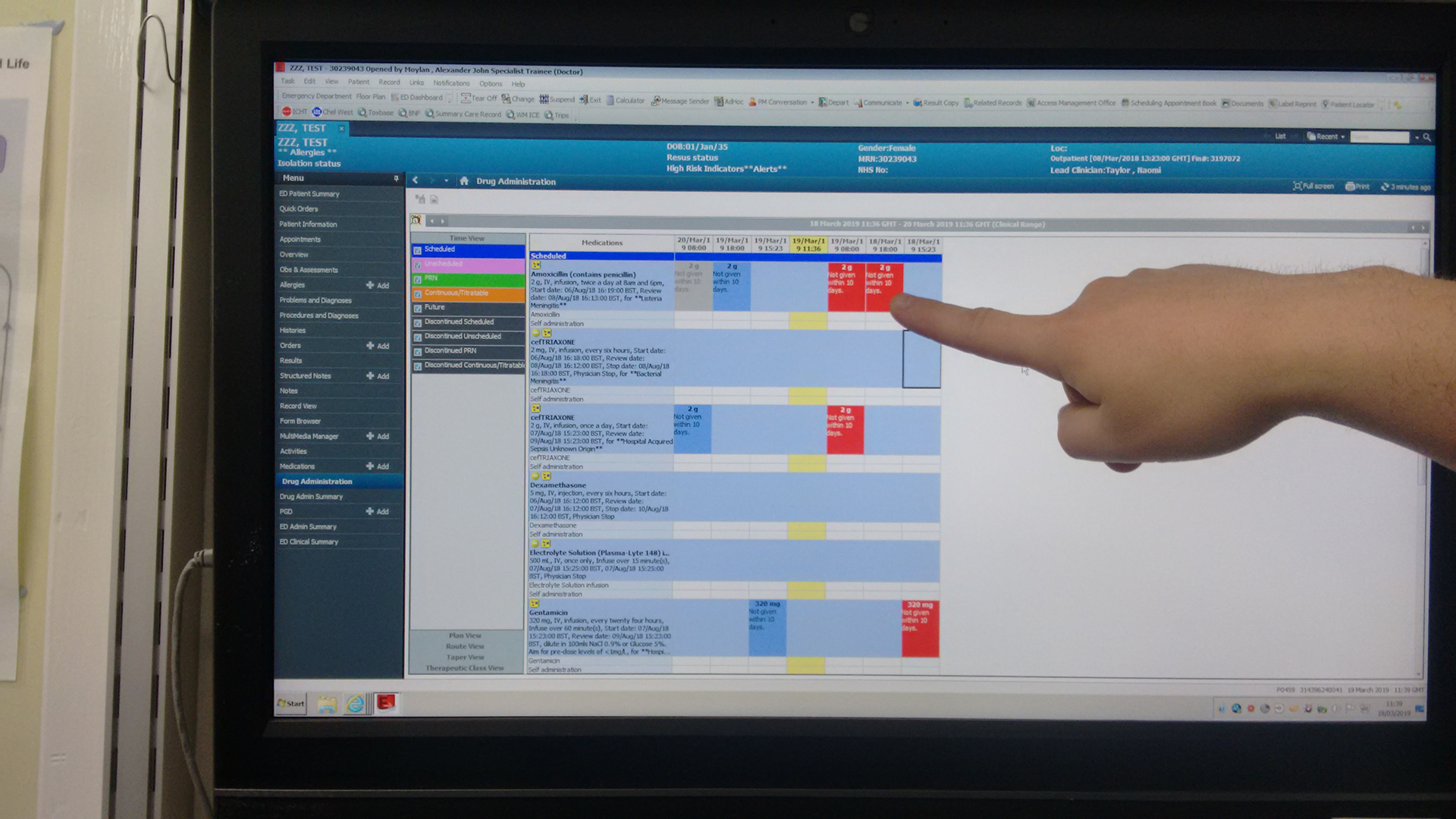
NHS Software for Medical Administration
Up to this point it was unthinkable to me that simple mistakes could happen in hospital services. Then I began to see their Human side. People passionate about their work, but also tired, overwhelmed, with their worries outside of work. Then I wondered:
How can Human-Centered Design give voice to these problems?
Methods
User Flows, Blueprints, User Pain Points, COM-B (Behaviour Change).
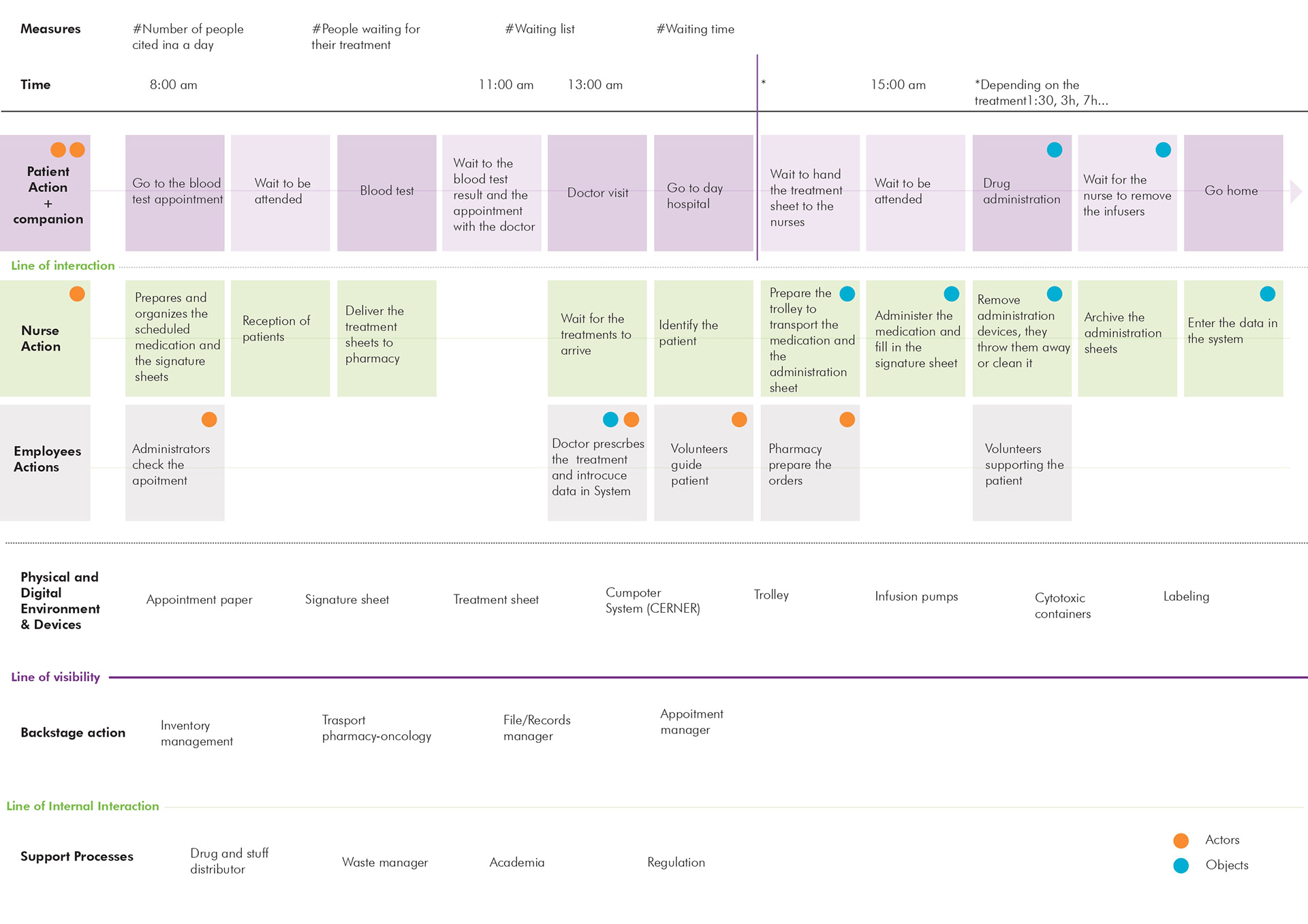
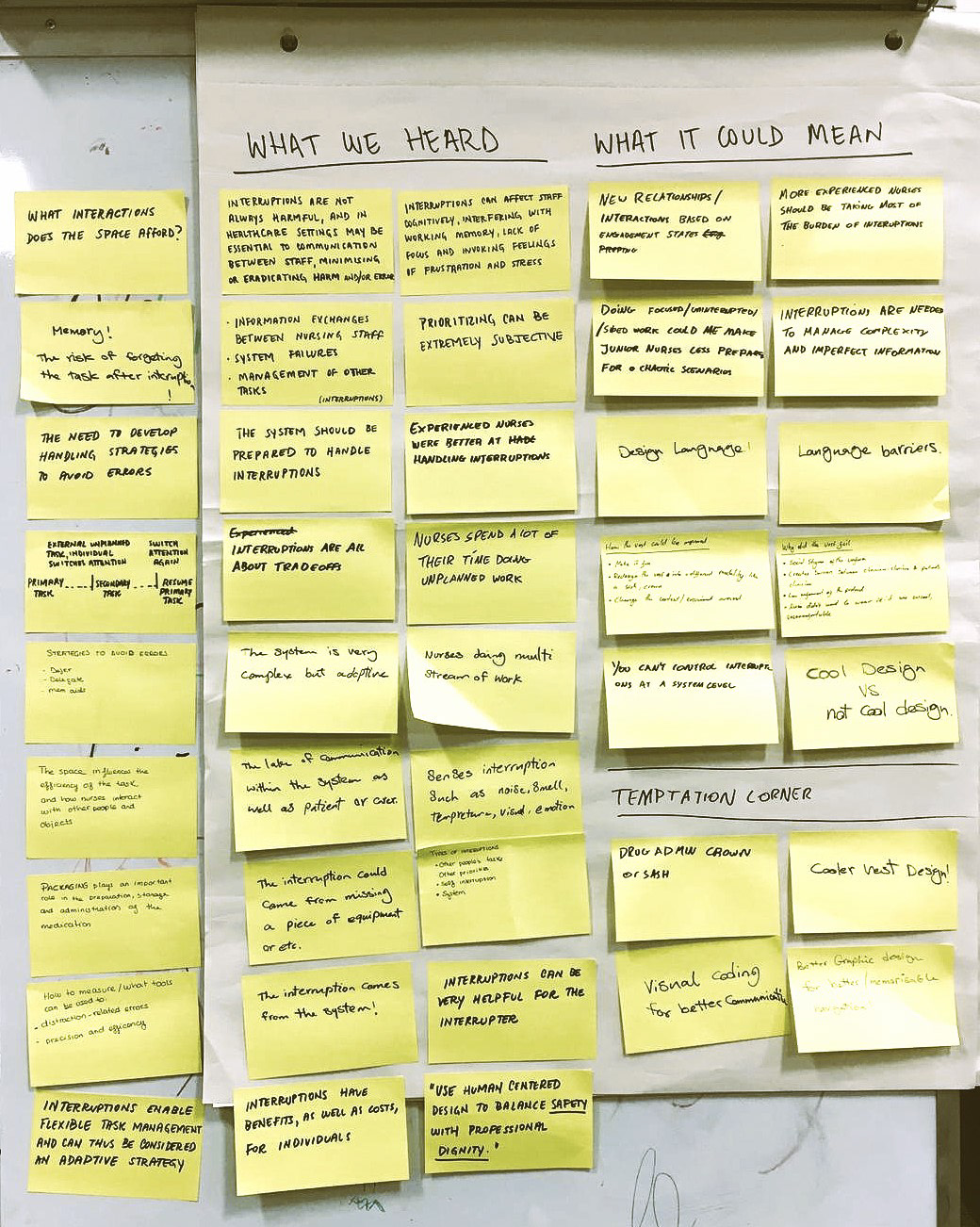
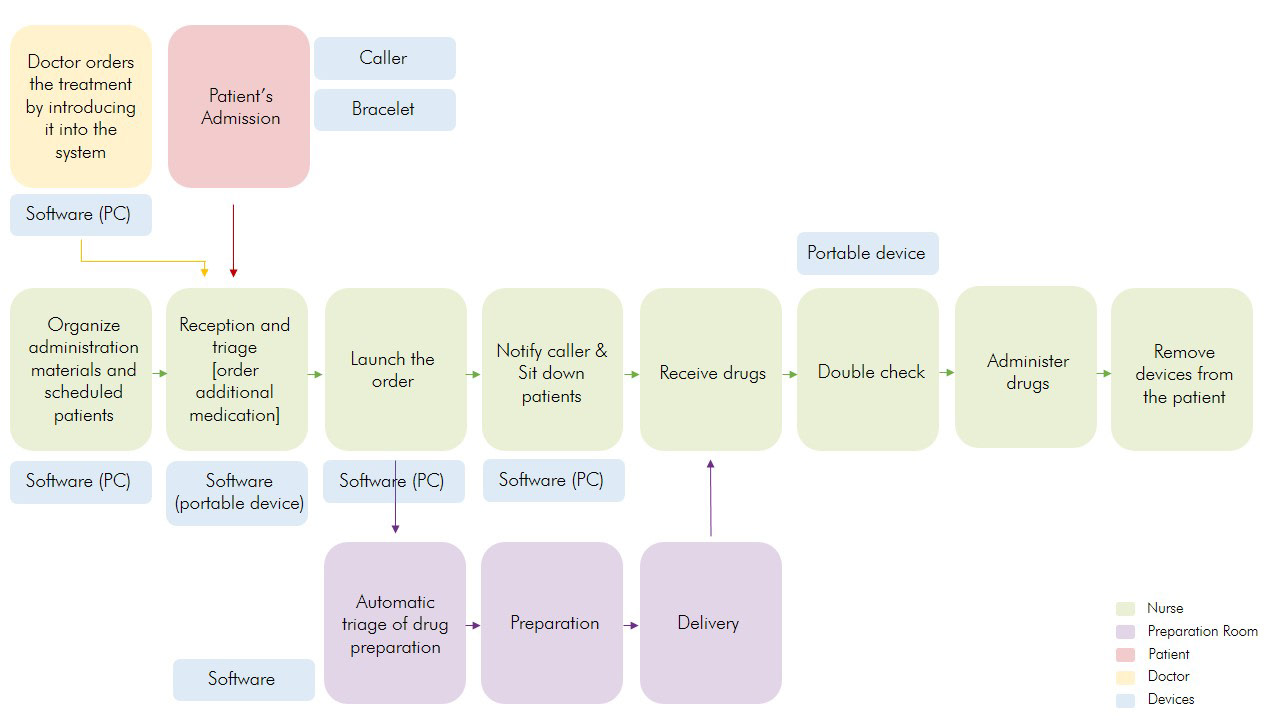
3/ Design Proposal
I approached the solution with this idea in mind:
Could the drug preparation system be streamlined and optimised? Can Lean Manufacturing principles be applied to a hospital service? I’m certain it can.
The proposal focused on two key areas:
Organizational Improvements
· Well-defined roles: Introducing a 'Pharmacy Nurse Role' dedicated to medication preparation for the entire service.
· Centralized medication preparation: Establishing a single, complete station per service with a unified system.
· Sequential process optimization: Streamlining workflows to improve efficiency and productivity while optimizing storage management to reduce costs.
Tools
· Comprehensive Software: Develop an efficient, comprehensive and user-friendly software that automate information and assess data for continuous improvement.
· Autonomous trolleys in a ceiling-mounted tracks system to distribute medication between patient rooms and the pharmacy. This would:
✅ Eliminate unnecessary nurse travel
✅ Increase productivity
✅ Optimize overall efficiency
3/ Impact
Although this was a conceptual challenge, it addresses a real and universal problem within healthcare systems worldwide.
What struck me most during the research phase was the reluctance of nurses to discuss the issue openly.
The idea of a Lean Pharmacy System fosters the reduction of:
This waste is estimated to cost the NHS (National Healthcare System) in the UK close to 22 million CHF annually (See reference).
Additionally, at the time of this project (2019), the idea of installing autonomous celling-mounted trolleys seemed ambitious—perhaps even unrealistic—However, China is already building the next generation of smart hospitals to cover its high healthcare demand, with this system. Have a look at the shorth video here!
4/Takeaways
I wonder how many simple, high-impact problems go unsolved because we don't sit down and talk about them.
Here are my takeaways to face human-factors in your organization:
⮕ Prevent instead of always react. When already is causing you a lot of money looses.
⮕ Develop adequate conversational tools to address complex topics. It is not nice to talk to errors. It is easy to blame. How to facilitate constructive conversations is key.
⮕ Build effective constructive feedback channels. Have a good understanding of what is going on.
⮕ Educate your employees for difficult or emergency situations through effective simulation workshops.
⮕ Promote teamwork culture.
5/ Take the step!
Do you want to contribute to advance your place of work, work dynamics, or healthcare services?
Do you want to develop tailored conversational tools to uncover needs and human-factors?
Do you want to identify which Human-Factors can save you money, waste and reduce risk?
If so, book a call with me!
